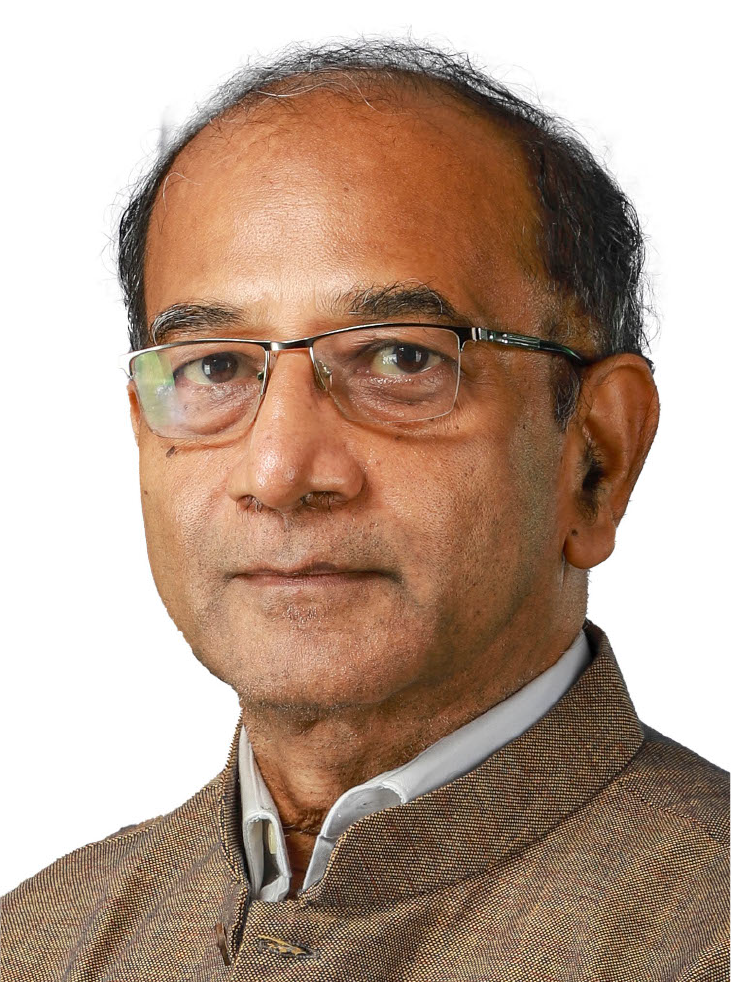

SS02-A003

"Analysis of Covid 19 Data in India"
While first cases of COVID 19 were reported in India towards the end of January 2020 by people travelling back from China, it did not start to gain attention until middle of March. As precautionary measure, Govt started to announce various restrictions including complete countrywide lockdown on March 24, 2020. This work was started out of personal interest but slowly become a serious exercise. The basic motive behind this exercise was to find trend in data and try to predict what may be happening in coming few weeks. Among the various methods, what seemed to be useful is to look at 15 days moving average of percentage daily growth of Total Cases, Active Cases and Deaths. Active case growth rate went through 3-4 weeks of high growth phases and low or negative growth phases. Total active cases had dropped to less than 0.15 Million cases by end of Feb 2021. However suddenly there seems to be sharp rise in cases again and it has been moving up at very fast rate. This talk would provide detailed data analysis of COVID 19 in India along with some regional data analysis. It is interesting to note that low income regions seem to be more resistant to pandemic than higher income region. This seems to be not only true in India but across the globe pointing to role of non-specific immunity being higher in lower income regions.
Biography
Prof Prabhat Ranjan is currently Vice Chancellor of D Y Patil International University (DYPIU), Akurdi, Pune. He is a Nuclear Fusion Scientist, a Futurist, an Educator, an Innovator and a Science Communicator. From 2013-18, he was heading India's Technology Think Tank, TIFAC(Technology Information, Forecasting and Assessment Council) in Delhi as its Executive Director. During his tenure, TIFAC developed Technology Vision 2035, which was released by Hon'ble PM in Jan 2016.
Prof. Ranjan has worked on Nuclear Fusion in National and International Labs in India and USA and made major contributions to this field for nearly two decades. He was Project Leader of ADITYA Tokamak and SST-1 Tokamak Control Group at Institute for Plasma Research, Gandhinagar till 2002.
After this he served as Professor at Dhirubhai Ambani Institute of ICT in Gandhinagar for 11 years. His remarkable innovative contributions include India’s Moon Mission, Wildlife and Agriculture sector. He is particularly known for his innovations in the field of assistive technology that has helped to put smiles on the faces of persons with severe disability. He has used body part movements, touch screen and brain computer interface for this purpose.
He obtained his PhD from University of California, Berkeley and did college education from IIT Kharagpur and University of Delhi after schooling from Netarhat School near Ranchi. He has received many awards and accolades for his contribution to Science, Technology and Society.